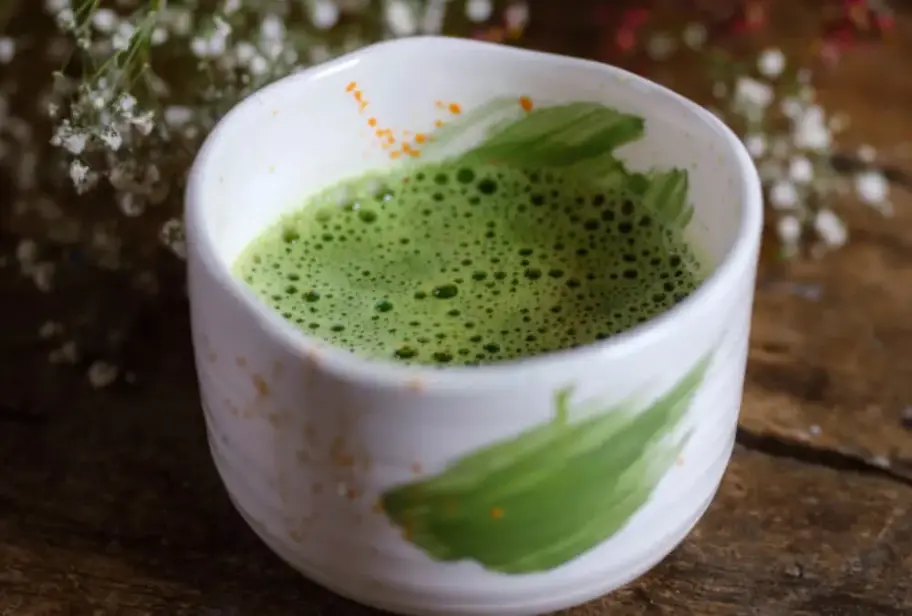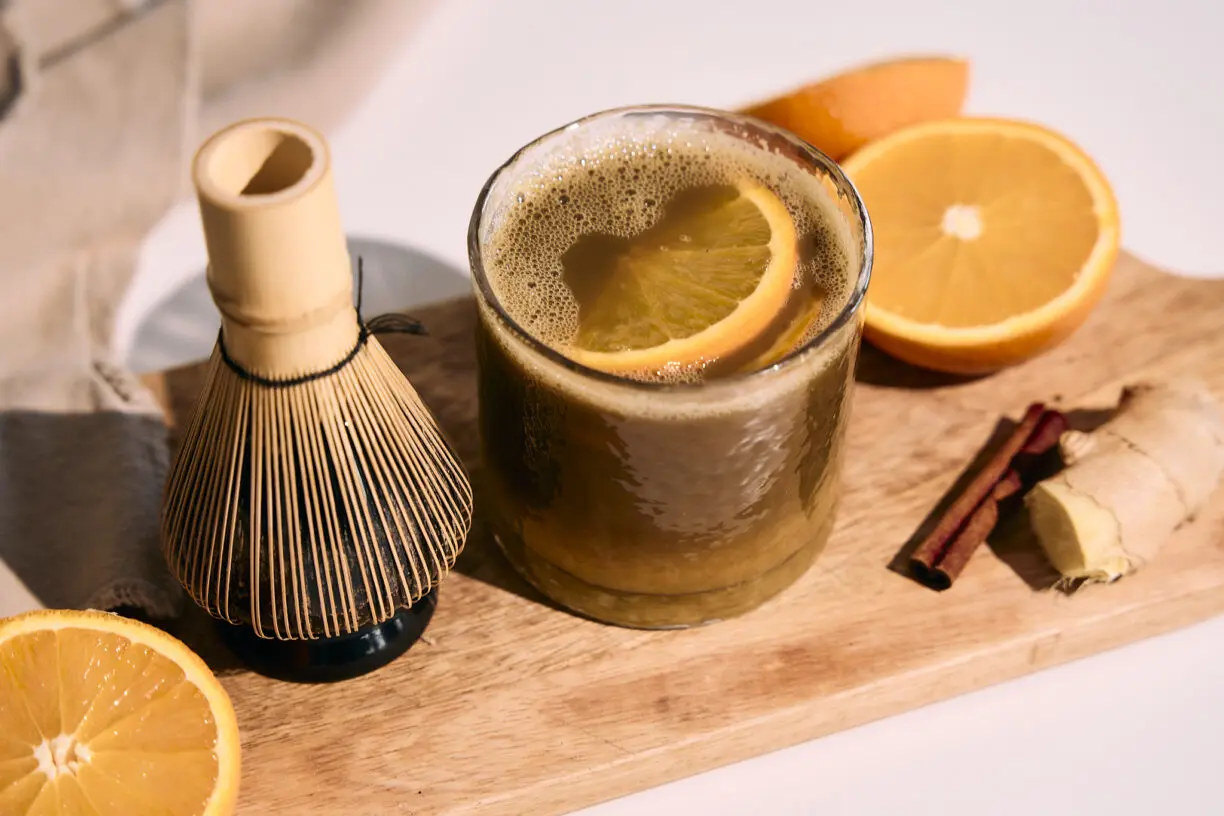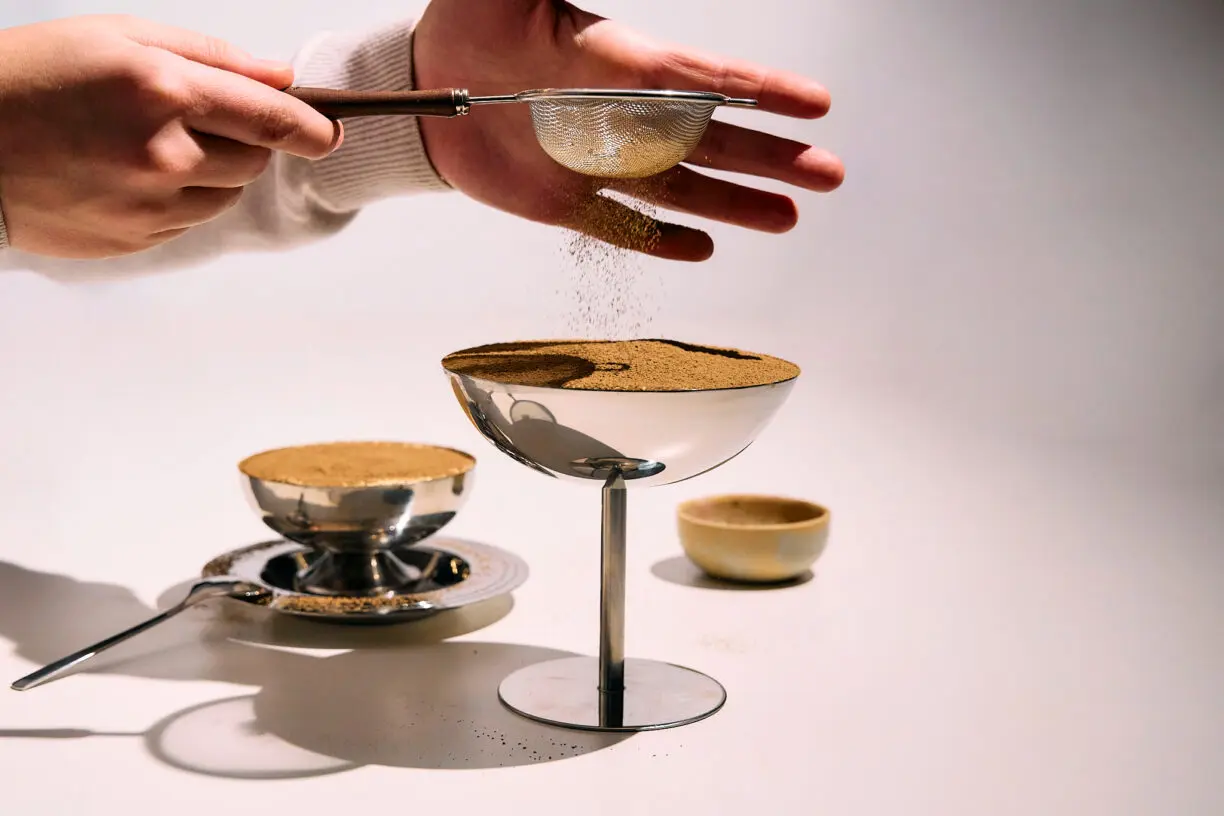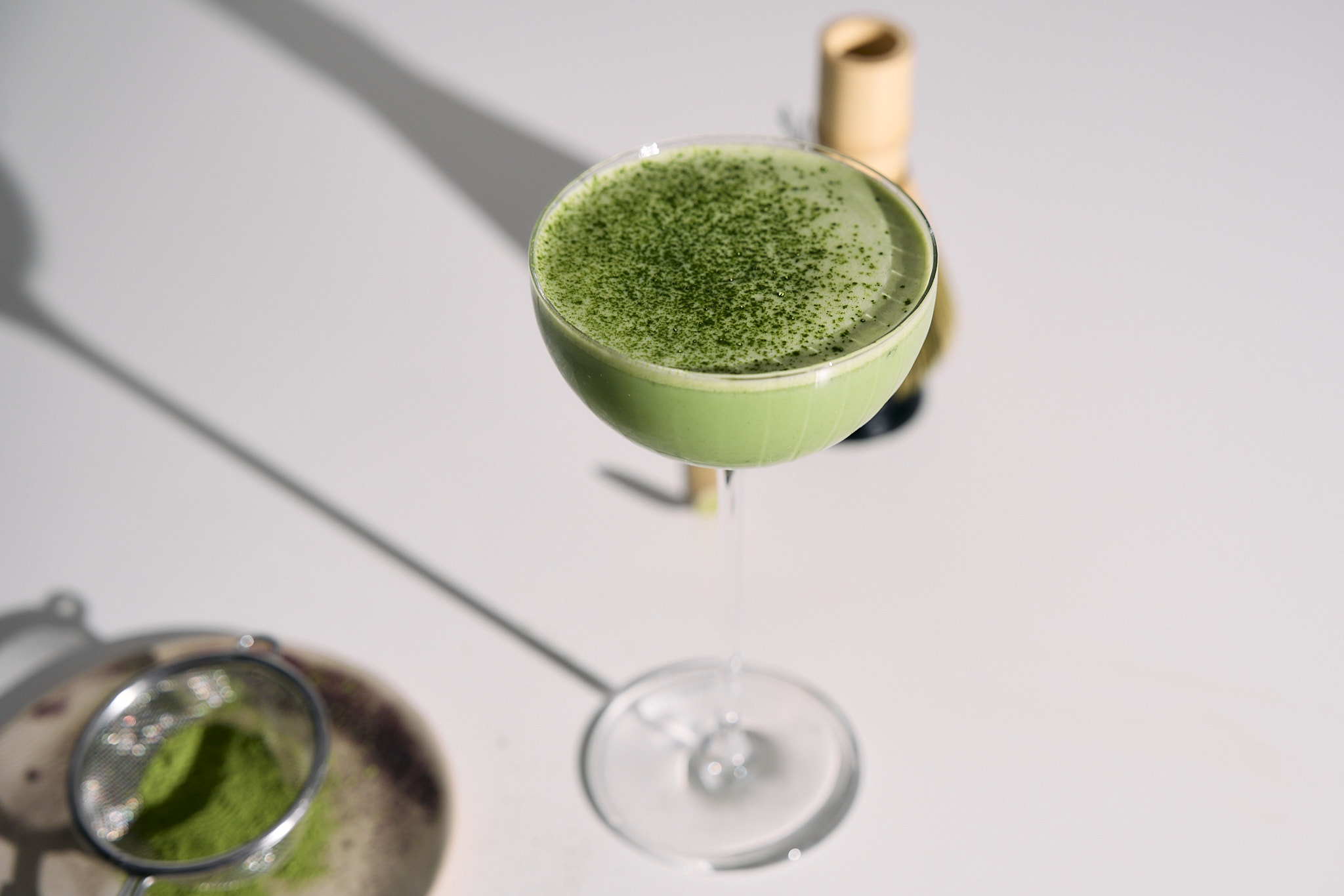Green tea lovers reach for their favourite drink for many reasons. It is an extremely powerful antioxidant, accelerates metabolism, stimulates and improves concentration. Some, however, hesitate to consume green teas in the face of fear of dehydration. Can green tea dehydrate your body in the same way, as herbal infusions or coffee?
What is dehydration?
The human body consists of approximately 70% water, and regular hydration is one of the key ways to make sure that the organism’s water management is stable and normal. The symptoms of dehydration can be e.g. weakness, dizziness, lethargy, chronic fatigue, weakened hair, skin and nails. No wonder each and every one of us wants to maintain body’s healthy water balance. Dietary factors causing dehydration include certain diuretic herbs and an excessive coffee consumption.
Green tea and dehydration
Numerous types of green tea contain caffeine, just like coffee, yerba mate, and guarana. Leaf tea infusion contains around 50% of the coffee’s caffeine content, and powdered matcha green tea about 90%. If you’d like to learn more about caffeine in Japanese green teas, check out our article Does Japanese green tea contain caffeine?. When consumed in excessive amounts, caffeine can show diuretic properties and result in frequent toilet visits, equating to dehydration. However, everything is for the people. It is enough to not exceed the recommended maximum daily dose of 400mg of caffeine for a healthy adult, so that you do not have to worry about dehydration. Apart from that, it is definitely worth remembering to drink mineral water – from 1 to 2 litres a day.
How to prevent the risk of dehydration due to green tea consumption?
The only ingredient of green tea that can potentially carry the risk of dehydration is caffeine (called theine in case of teas). If one is particularly afraid of water disorders or is prone to their occurence, it is worth minimizing this risk by choosing kind of green tea characterized by low caffeine content. Such teas would be hojicha and kukicha. Hojicha is a type of green tea, the production of which is accompanied by the process of tea leaves roasting. Thanks to such practice, hojicha is characterized not only by a smoky, nutty aroma, but also a minimal theine content. Kukicha, on the other hand, is a tea, which consists of stems and twigs of the tea plant instead of its leaves. And these stems and twigs are then characterized by a slightly reduced content of theine, when compared to the leaves. Itadakimasu (in Japanese – cheers)!
If you’d like to learn more about preparing green tea, check out our article How to brew green tea.



